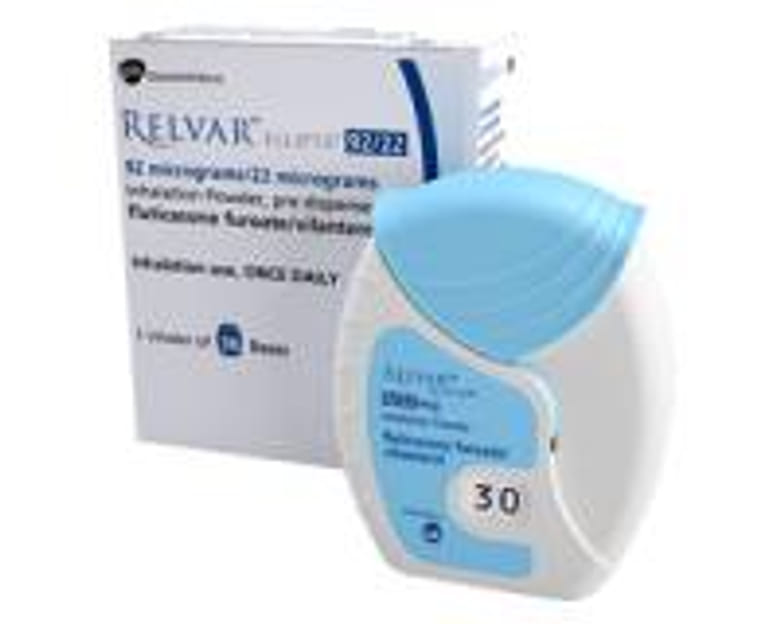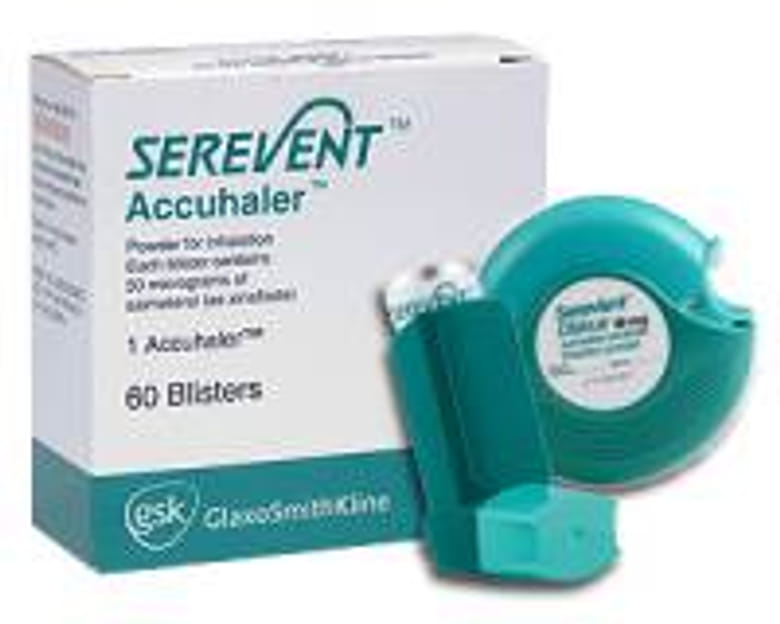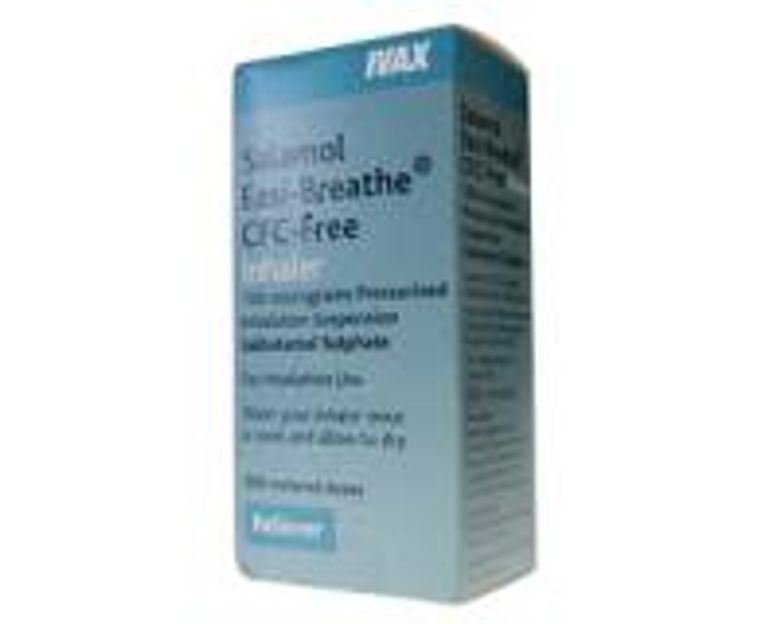Asthma, also known as bronchial asthma, is a chronic respiratory condition that falls under the category of obstructive pulmonary diseases, alongside COPD. This condition is marked by chronic inflammation in the airways, causing them to narrow and become more sensitive. As a result, individuals may experience symptoms such as shortness of breath, wheezing, coughing, and fatigue. Even when an asthma attack is not occurring, the airways remain inflamed, which can exacerbate symptoms during times of stress, illness, or exposure to certain triggers. The severity of symptoms can vary greatly depending on the person, season, and even day-to-day changes.
Asthma is a long-term inflammatory disease that affects the airways, causing them to narrow and become highly reactive to various stimuli. This can lead to episodes of breathing difficulties, wheezing, coughing, and tightness in the chest. The triggers for asthma symptoms can vary from one person to another and may include allergens, respiratory infections, or environmental factors. Asthma attacks can range from mild to severe and may last for varying durations.
















